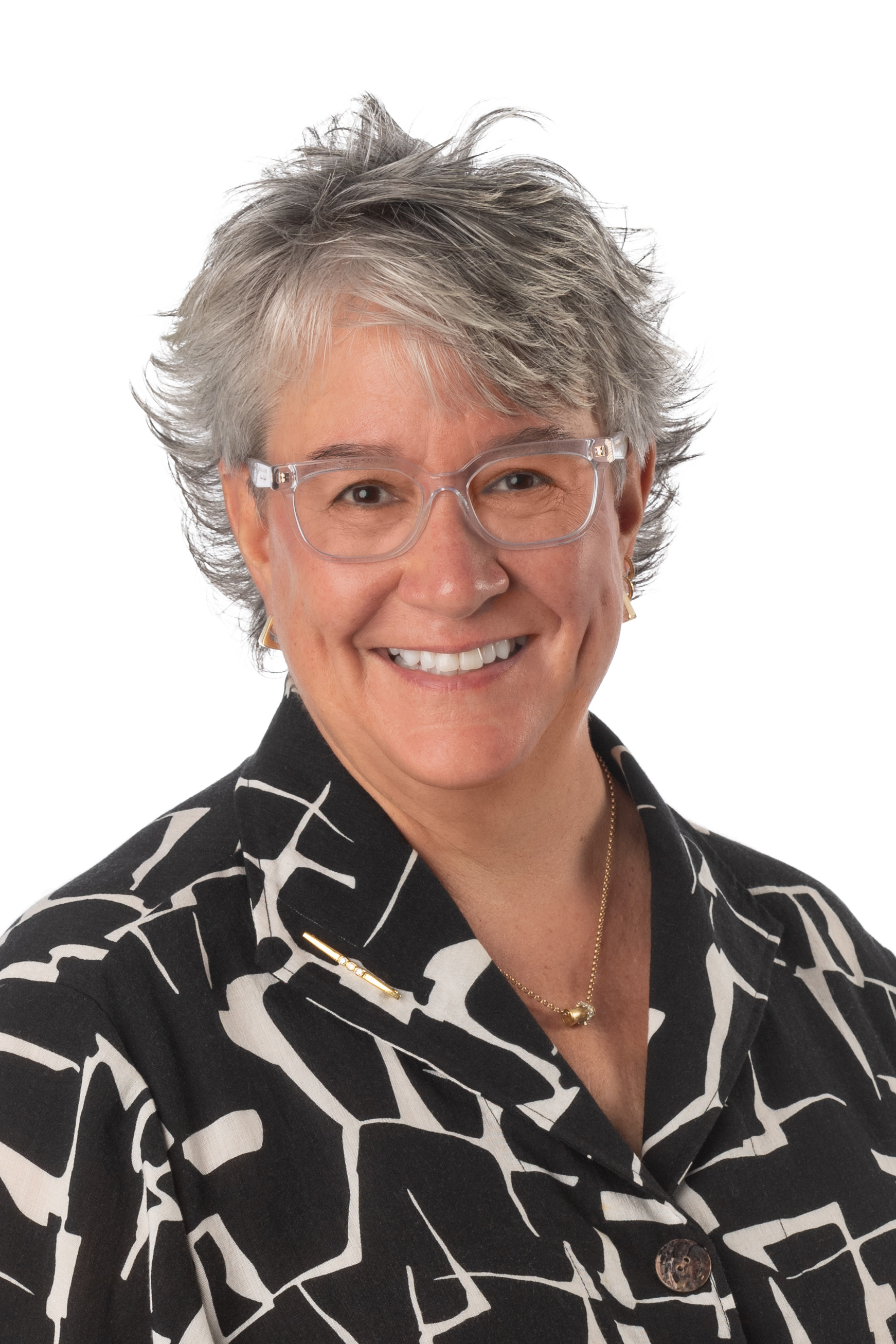Study: For those on psychiatric medication, family caregivers can be valuable resource
VCU School of Social Work Professor Kia J. Bentley, Ph.D., LCSW, has spent 35 years conducting research around how the social work field can be responsive to client and family dilemmas centered around the use of psychiatric medication.

But it was only with a recent study, published in Community Mental Health Journal, that she took a deeper dive into family members’ needs as caregivers to loved ones with serious mental illness.
Her findings suggest families “crave inclusion and wish providers would more radically embrace both collaboration and balance in their approach to medication maintenance. The hope of this research is to help mental health providers be more responsive and compassionate in their work with families of people with serious mental illness, especially as it relates to psychiatric medication.”
“I felt it was time to more fully explore, indeed, focus on, their own unique medication-related experiences and dilemmas,” she says of the study that led to the article, “Family Conundrums with Psychiatric Medication: An Inquiry into Experiences, Beliefs, and Desires.”
Bentley cites deep-rooted forces that “perpetuate the individualization of care in mental health”: what she calls an “authority-based” treatment model and, more generally, a traditional, Western care approach.
“This shows up everywhere, really, from how we conceptualize mental health problems and solutions to what research gets publicized and privileged, to how we reimburse services, to name three biggies,” she says. “The current structure of mental health service delivery makes it too easy to leave families out and to rationalize their exclusion from participation in care planning.
“It’s important to do things differently and embrace inclusion and transparency because we know families can be a tremendous support to a client’s recovery and successful community integration of their loved ones, especially when provided with appropriate psychoeducation and peer support.”
So how can families break down barriers with mental health providers? For starters, a richer knowledge of a family’s medication-related lived experiences can help provide more responsive and comprehensive care to both the family members and their loved one with serious mental illness.
“I present a plethora of direct requests from families (to providers): that we offer a better milieu for open dialogue, listen more fully and deeply to their experiences, and value their ‘expertise’ in caregiving,” Bentley says. “This can not be stressed enough.”
Her data-based recommendations include specific enhancements to new or existing medication education programs for families, such as:
- timetables for effects and side effects;
- more information on alternatives;
- reasons for differential responses to medication;
- the role of genetics on medication effects; and
- research on long-term effects.
“Because the research showed that endorsement of a medical model of mental illness was associated with different emotional experiences and beliefs related to medication in some areas, I suggest more research on the impact of family member cognitions on the nature and quality of their lives,” Bentley says.
Social workers, she says, can play a key role in helping change the care model. And social work master’s students need more experience with these evolving approaches.
“I hope our person-in-environment perspective and biopsychosocial understanding of problems and solutions provides a strong foundation to do things differently,” she says of social workers. “That is, more fully embrace shared decision-making and family inclusion in our work with clients of all ages. I am proud that there are several social work scholars bringing a critical perspective to the status quo of mental health service delivery and am excited to see some of them giving voice to truly out-of-the-box alternative approaches to care.
“Closer to home, I worry our M.S.W. students aren’t getting the exposure to other ways of ‘thinking about’ and ‘doing with’ families in many of our current inpatient and outpatient mental health settings.”
But Bentley also finds comfort that, as she says, “there is good news in my data, too. In general, these families knew a good bit about the medications their loved ones are taking and believed they are at least somewhat effective in helping their family members feel and act more ‘normal’ even though they do realize this comes at a cost in terms of side effects.
“Family members were not overly concerned about dependence, their lives were not riddled with conflict about medications, and they were confident in the care given by prescribers. In general, they seem to realize that medications are just one part of the puzzle in terms of recovery.”
Categories Faculty and staff, Publications, Research